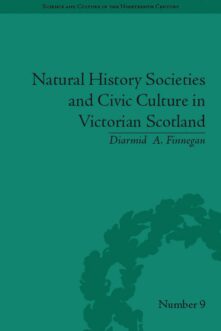Books
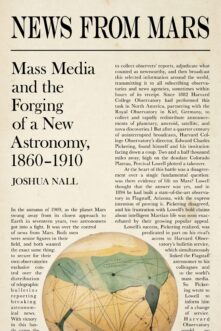
News from Mars
Mass Media and the Forging of a New Astronomy, 1860-1910
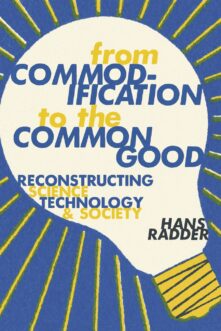
From Commodification to the Common Good
Reconstructing Science, Technology, and Society
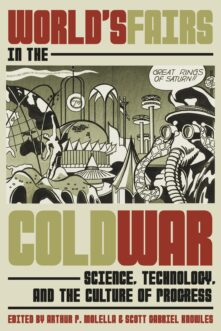
World’s Fairs in the Cold War
Science, Technology, and the Culture of Progress
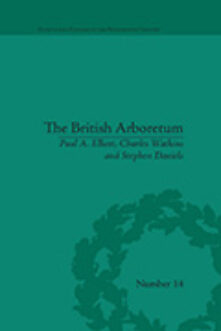
The British Arboretum
Trees, Science and Culture in the Nineteenth Century
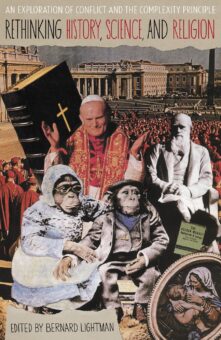
Rethinking History, Science, and Religion
An Exploration of Conflict and the Complexity Principle
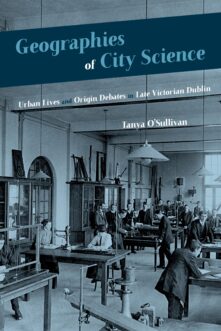
Geographies of City Science
Urban Lives and Origin Debates in Late Victorian Dublin
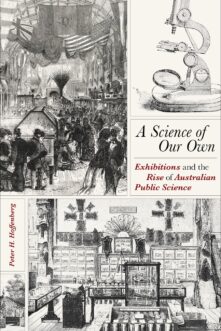
A Science of Our Own
Exhibitions and the Rise of Australian Public Science
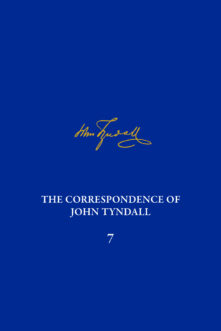
Correspondence of John Tyndall, Volume 7, The
The Correspondence, March 1859-May 1862
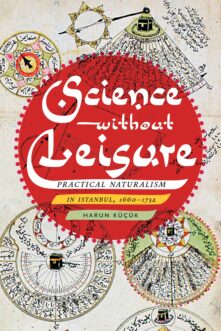
Science without Leisure
Practical Naturalism in Istanbul, 1660-1732
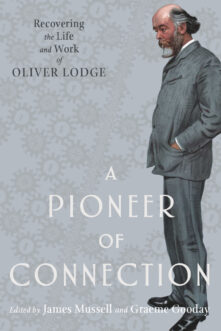
A Pioneer of Connection
Recovering the Life and Work of Oliver Lodge
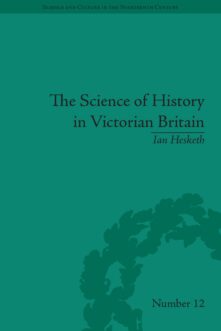
The Science of History in Victorian Britain
Making the Past Speak
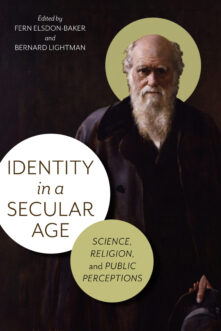
Identity in a Secular Age
Science, Religion, and Public Perceptions
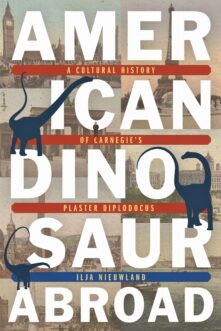
American Dinosaur Abroad
A Cultural History of Carnegie's Plaster Diplodocus
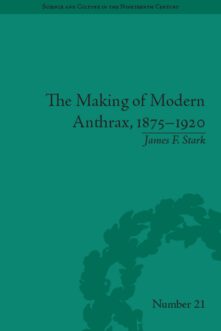
The Making of Modern Anthrax, 1875-1920
Uniting Local, National and Global Histories of Disease
Total 140 results found.


